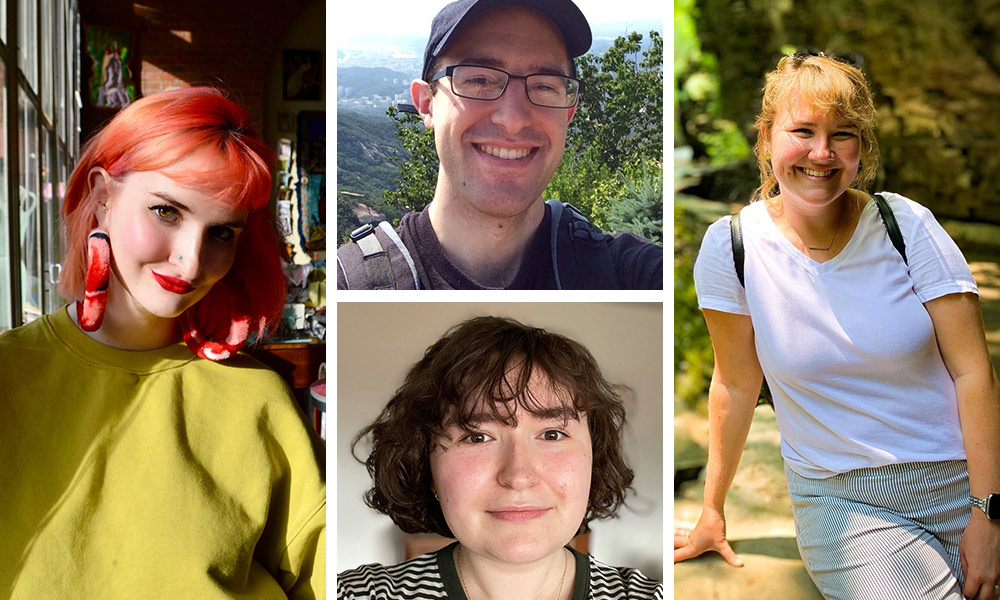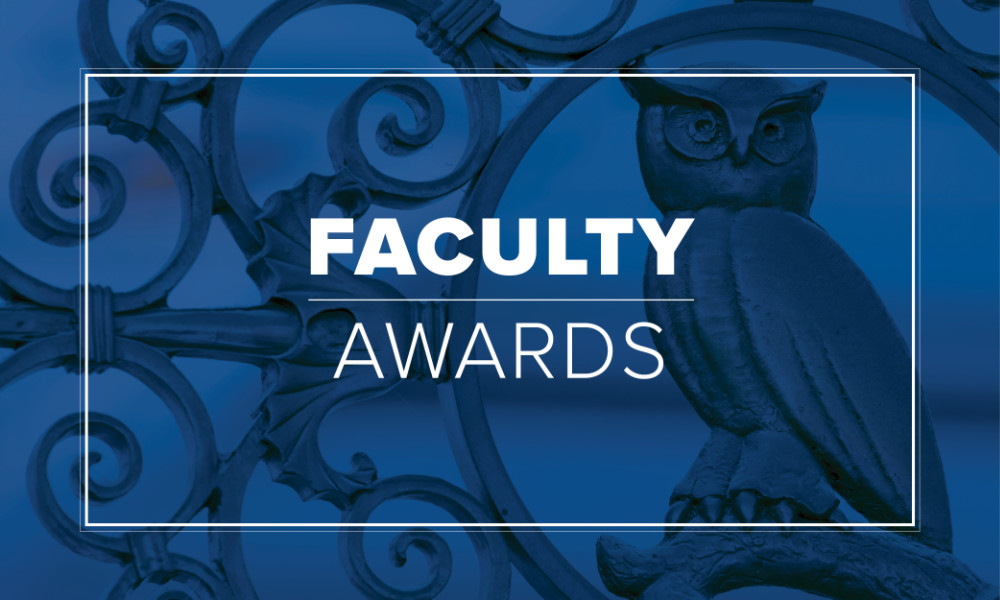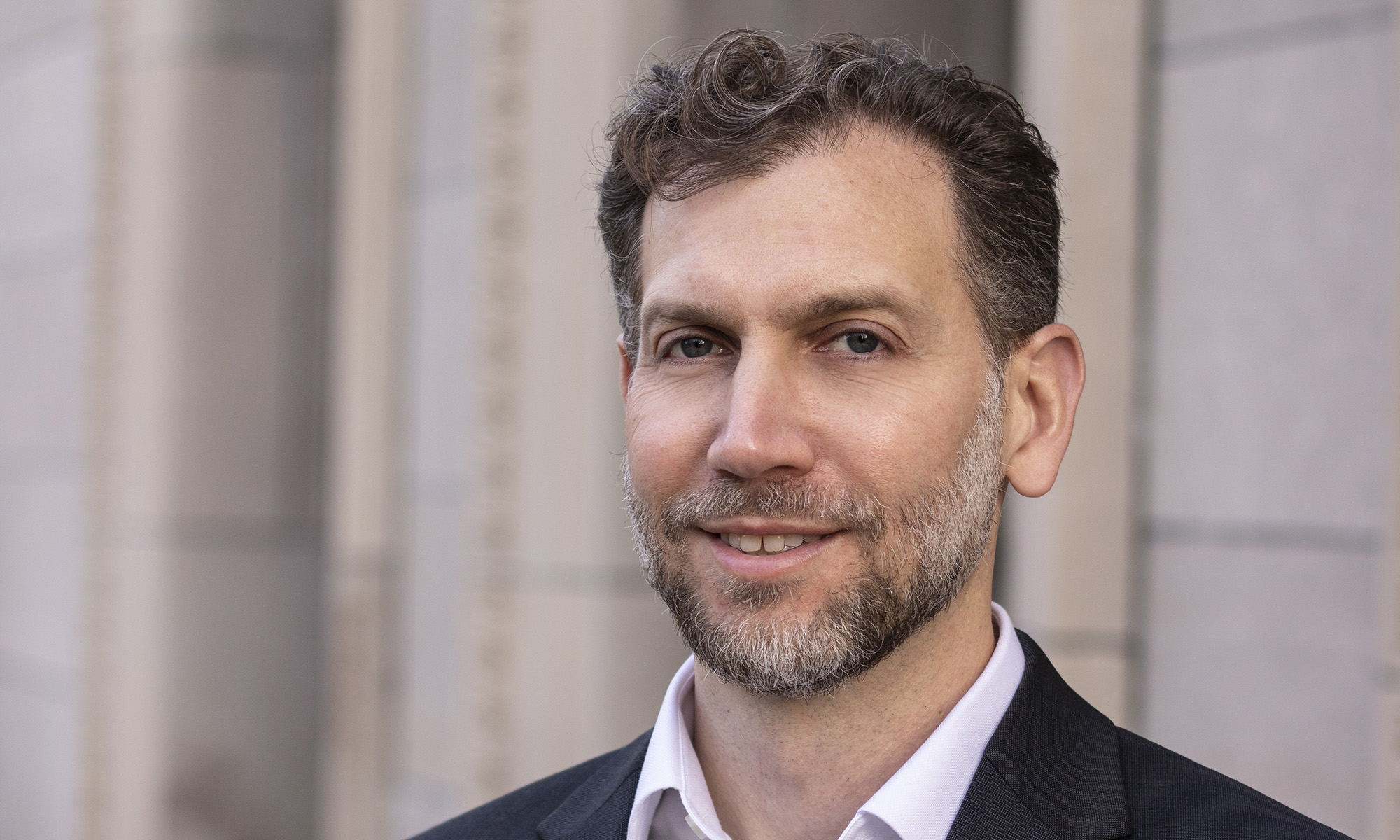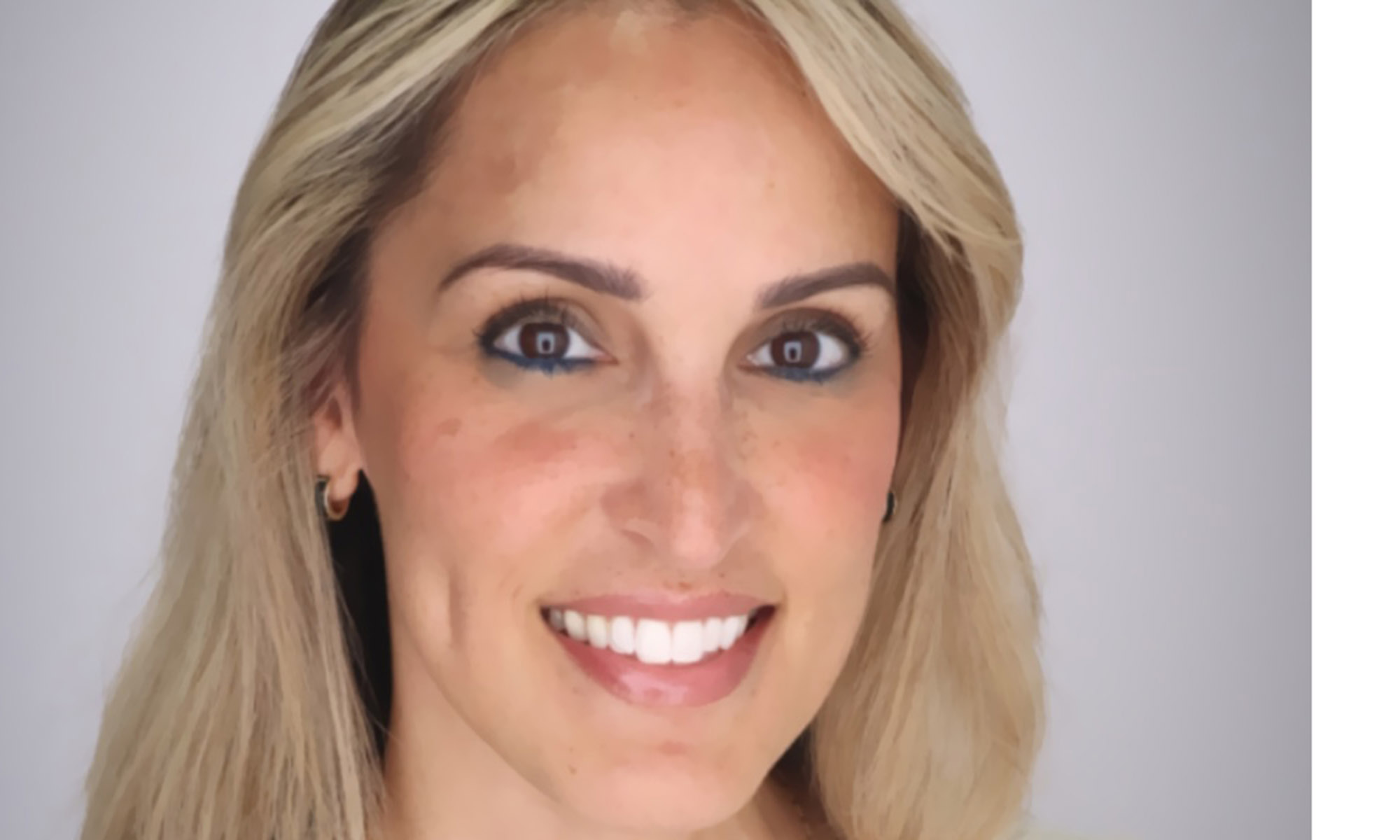The annual award honors the contributions of graduate students in classrooms and laboratories across the University.
The four University of Rochester recipients of this year’s Edward Peck Curtis Award for Excellence in Teaching by a Graduate Student come from different disciplines. But they have several things in common.
Ashley Clark, Kendall DeBoer, Michael Ormsbee, and Alice Wynd are invariably described by students and faculty alike with terms like “stands out among peers” or “the best teaching assistant I have ever worked with.” And all are credited with playing a critical role in helping their respective departments pivot to online learning because of COVID-19.
“The nomination letters really outline how our graduate students were amazing in the face of a really different time in terms of teaching,” says Melissa Sturge-Apple, vice provost and University dean of graduate education.
The teaching award, which is administered by the Office of the Provost, honors full-time graduate students with a significant role assisting in undergraduate education at Rochester.
Here’s a closer look at each recipient based on comments by nominators.
Ashley Clark, PhD candidate in brain and cognitive sciences
Students studying brain and cognitive sciences normally take statistics courses in other departments. However, Clark’s desire to learn statistics more applicable to her own research evolved into a departmental statistics course that all students can now benefit from.
“What was historically the weakest aspect of our graduate education, suddenly became a course that everybody talks about,” writes Duje Tadin, professor in and chair of the Department of Brain and Cognitive Sciences. A joint statement from undergraduates who took the course states, “Drawing from her own experiences as a current graduate student, she could relate to us better . . . and thus understood exactly the right balance between providing us assistance and letting us figure out the material on our own.”
Kendall DeBoer, PhD candidate in visual and cultural studies
DeBoer’s infectious enthusiasm and energy, knowledge, and technical skills helped make Janet Berlo’s final semester of teaching a memorable one. Berlo, a professor of art history and visual and cultural studies who recently retired, writes that she found herself “as excited as the undergraduates” when DeBoer taught something new in Berlo’s Writing and Art course. “I wanted to raise my hand, too—I who have been in the classroom for 43 years as a professor!” she writes.
Students in the class, many of them international students unable to travel because of COVID-19, also praised DeBoer. One noted how she “let her love and passion for art shine through the boring and blue Zoom screen.”
Michael Ormsbee, PhD candidate in English
Ormsbee has demonstrated a flair for modifying the course trajectory of the Writing 105 introductory writing classes he teaches in response to student input. With the shift to online learning, he quickly mastered the use of the Zoom chat feature to elicit student comments. His inventive lesson plans mix both popular and high culture. For example, he uses the song “Should I Stay or Should I Go” by the Clash to help frame Jane Eyre’s debate about whether to remain with Mr. Rochester.
His teaching materials invariably “work in concert to create an intellectually alive and effective learning experience for each of his students,” writes Deborah Rossen-Knill, director of the College’s Writing, Speaking, and Argument Program.
Alice Wynd, PhD candidate in history
Whether teaching archaeological techniques on a small island in Bermuda or pivoting courses to Zoom amidst the pandemic, Wynd has consistently “gone the extra mile” in establishing empathetic connections with her students, writes Laura Ackerman Smoller, chair of and professor in the Department of History. Students appreciate the way Wynd extends the same empathy toward people who lived in the past, and challenges her students, as one of them explained, “to try get into the minds of the people whose worlds were torn asunder.”
Wynd has succeeded in her efforts “to make sure far-flung students are not just silent or faceless squares on a Zoom screen, but rather are engaged, active participants in a meaningful conversation,” Smoller writes.




